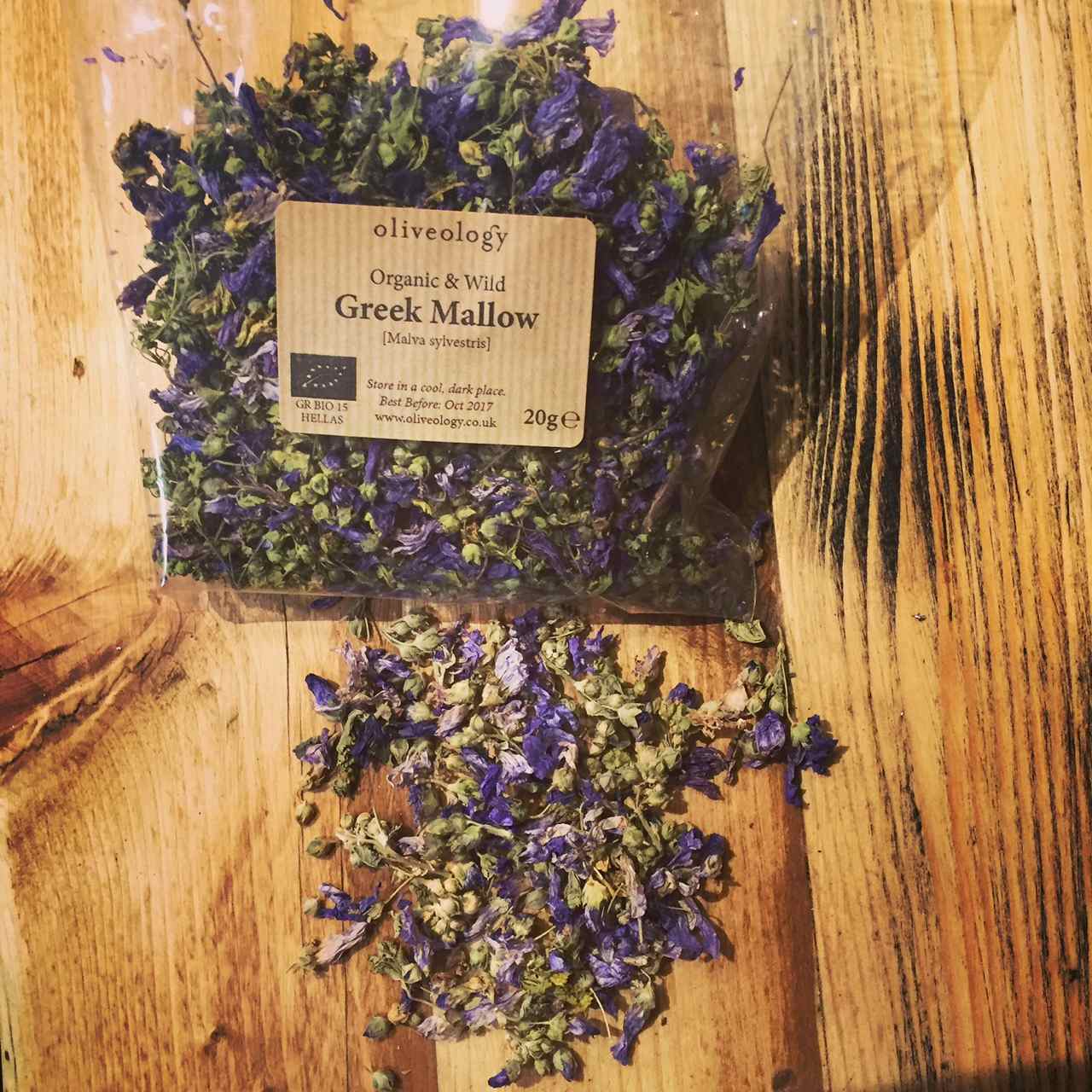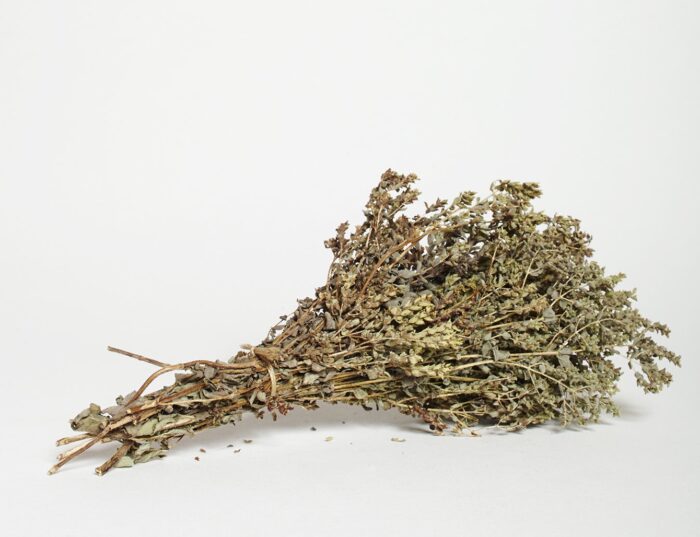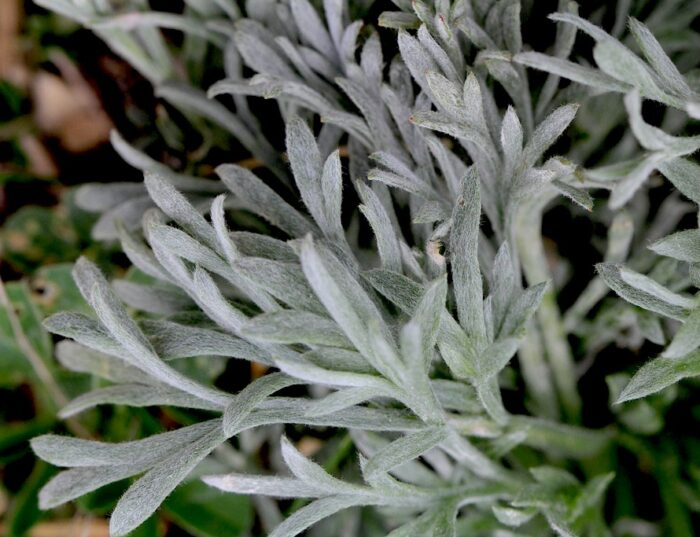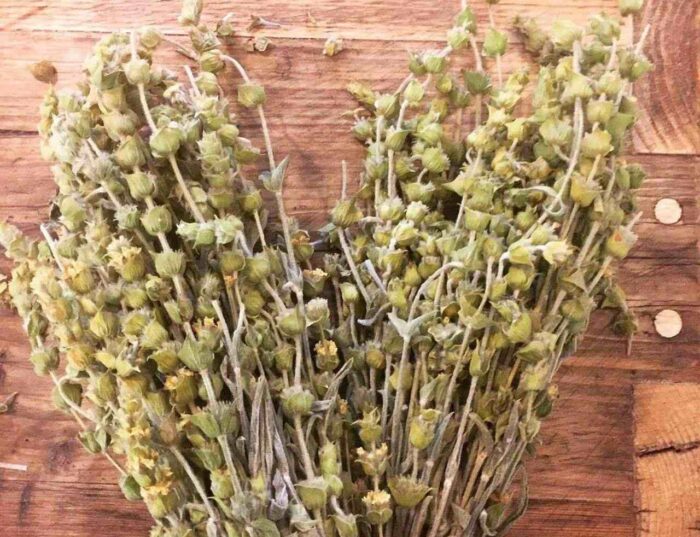Malva is thought to come from the Greek word for soft –malake. Mallow has been known since the ancient years for its medicinal uses. Hippocrates used mallow to remedy bruises and blood loss. Its properties include antiphlogistic, astringent, demulcent, diuretic, emollient, expectorant, laxative, salve. The herb is also known for treating the digestive and urinary system as well as the intestinal system.
Enjoy your mallow tea with some honey in order to remove your body’s toxins. How to prepare it: Add a couple of teaspoons of dried mallow leaves in a cup with hot water for 7-10 mins, strain it and it’s ready to enjoy. It is recommended to drink 2-3 cups per day.
Also, when combined with chamomile and thyme honey, it’s a great cure for sore throats and coughs. When used externally -as a poultice- ιτ soothes the calluses and when dissolved in water it makes a quite relaxing foot bath. When mixed with olive oil, it can treat various insect bites or stings. The herb is frequently used as main ingredient for soaps or creams, as well as green and yellow dyes.
Important note:
Some herbs should be avoided if you are pregnant, trying to conceive or if you suffer from certain medical complaints. Unrestricted use of some herbs (such as rosemary, sage, sorrel and thyme) may be harmful to health. For further information and recommended dosage please consult a qualified practitioner.




